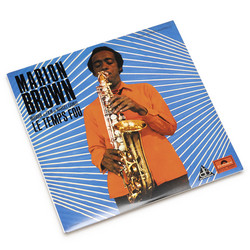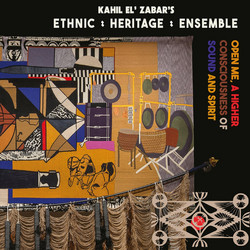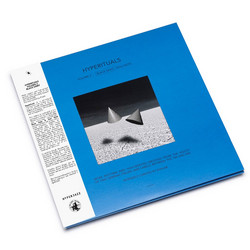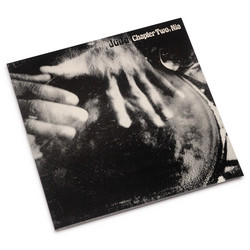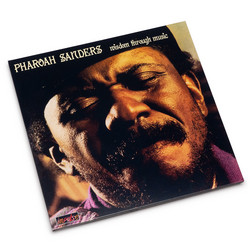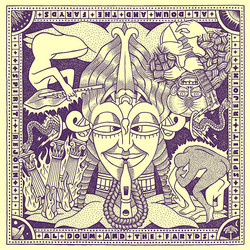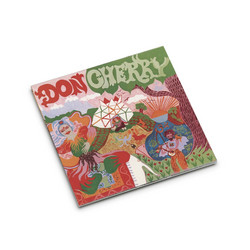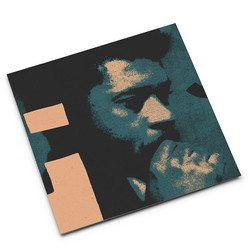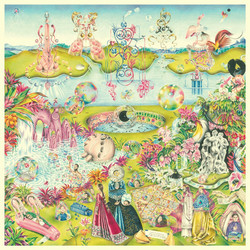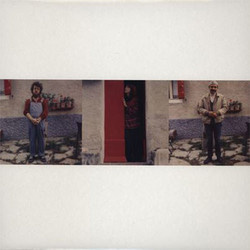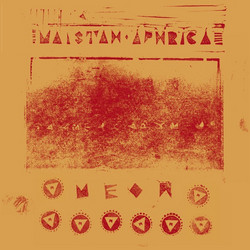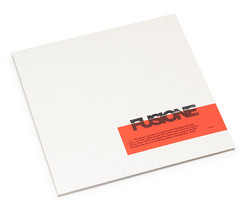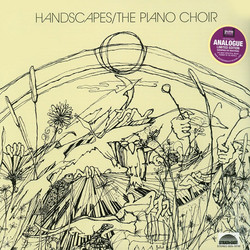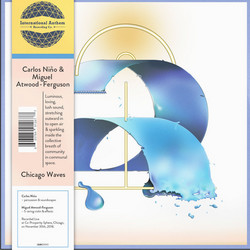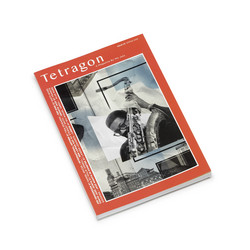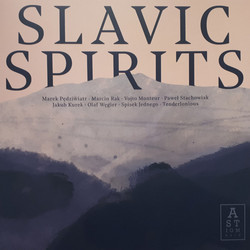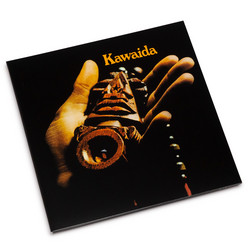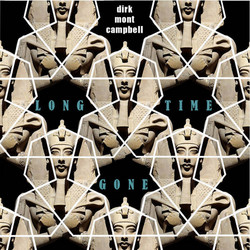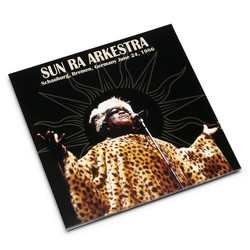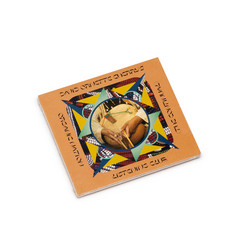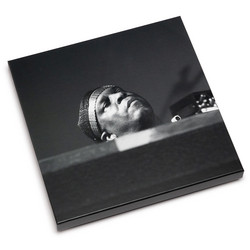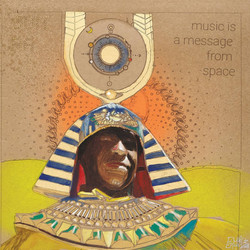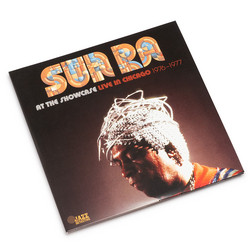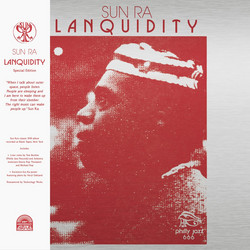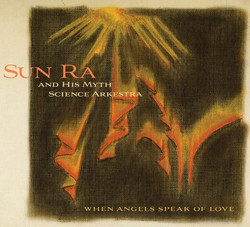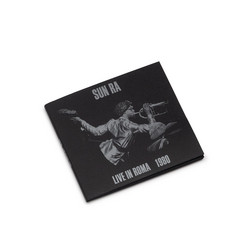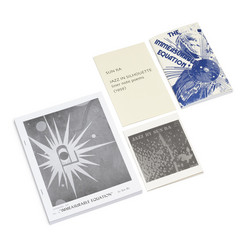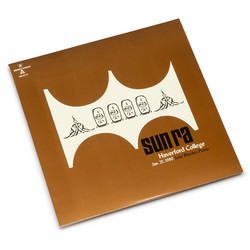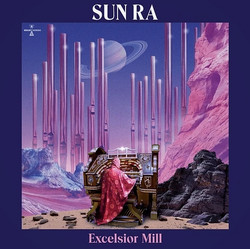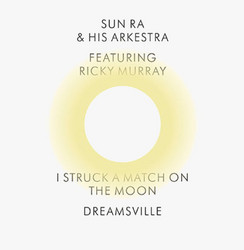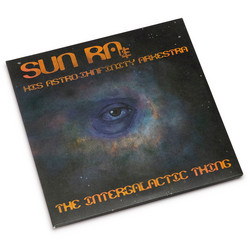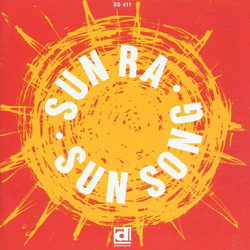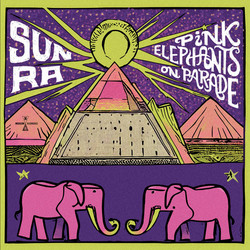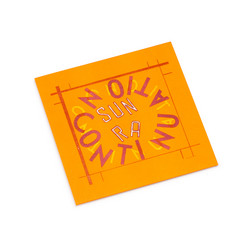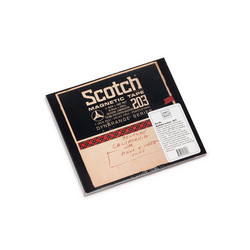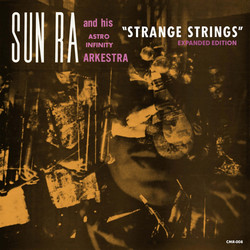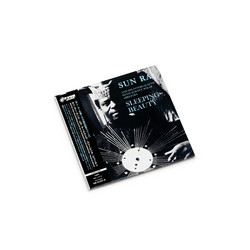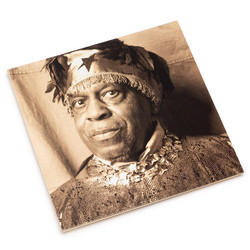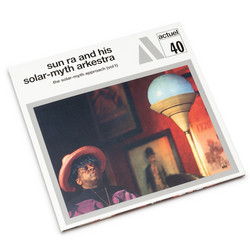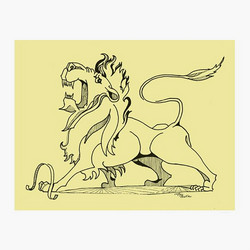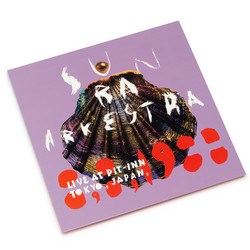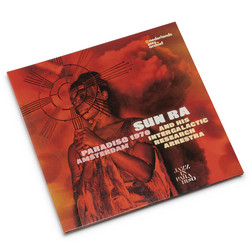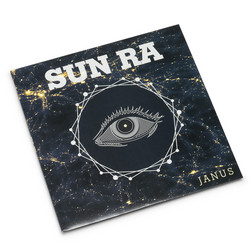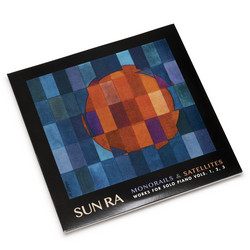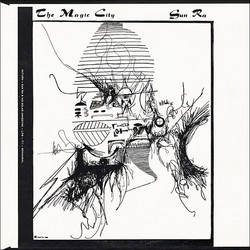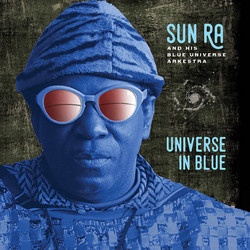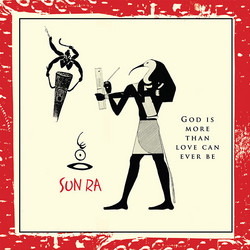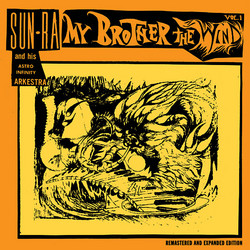* 2023 Edition. Remasterd * God Is More Than Love Can Ever Be is something of a rarity in the Sun Ra catalog—a cohesive album, with none of the stylistic eclecticism and musical chair shifting found on many of the artist’s self-released LPs. Recorded at Variety Studios one day in 1979, the album's five tracks comprise a solid jazz trio set.
It's also unusual because it had not previously been reissued. In March 2018 Cosmic Myth Records issued a newly remastered edition in LP, CD and digital formats. The LP and CD packages contain liner notes by jazz historian Marc Medwin and Sun Ra catalog administrator Irwin Chusid (who produced the reissue), as well as two previously unpublished photos of Sun Ra by jazz portraitist Veryl Oakland.
God is More Than Love is the only complete piano-bass-drums studio session in the massive Sun Ra catalog. What would have drawn the bandleader, 25 years into his recording career, to adopt a format that had been common in jazz for decades? Drummer Samarai Celestial (Eric Walker) recalled it being his first recording date with Ra; they were joined by bassist Hayes Burnett, who gigged with Ra on and off for a decade.
The album offers an intense set of cosmic vagabond moods, reflecting the telepathy that is the essence of small combo jazz. Sun Ra doesn't play notes—he paints stars. Burnett's bass runs fluid and thick. Celestial is a perpetual motion machine; his quicksilver fills echo the muscle and propulsion of a young Billy Cobham. This is a power machine, full of drive and liftoff, with sporadic (and surprising) gearshifts. Celestial's restless stickwork doesn't play the groove so much as imply it; Burnett's foundational pulse is the unifier. The threesome rarely locks in, but their musical spirits are intertwined.
Other than an overdubbed second piano on "Days of Happiness," the five works were spontaneously generated and forever fixed: none of the titles recur in the encyclopedic Ra discography. Originally released on Ra's private Saturn label in small press runs (under the alternate title Days of Happiness) from 1979 to 1981, fully realized artwork was never established and the album got scant circulation; hence, it has remained a largely overlooked session in the Ra omniverse. Nearly 40 years later, the record is long overdue for acclaim.
